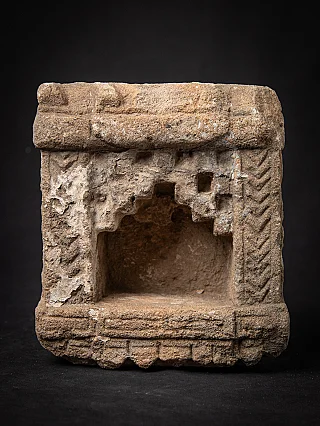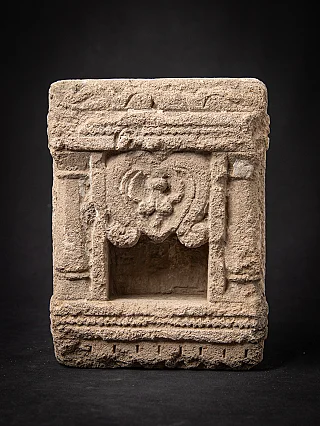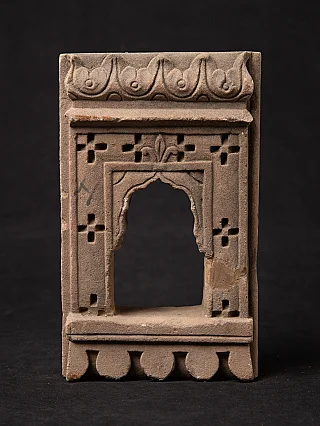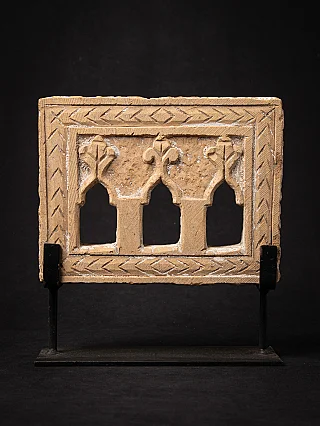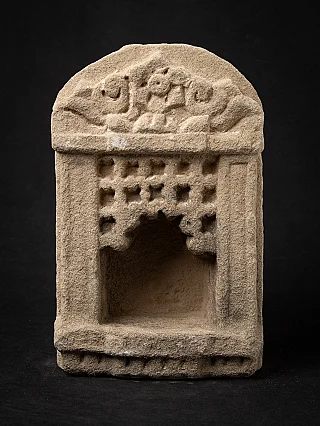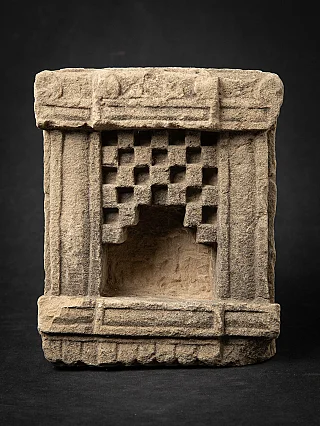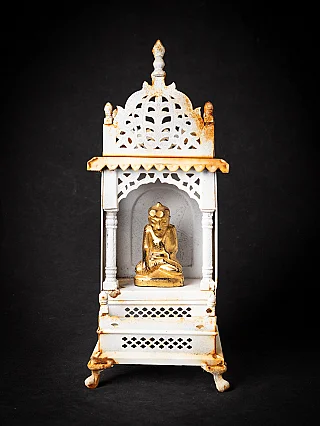Bodhgaya India
Author : Peter Vredeveld
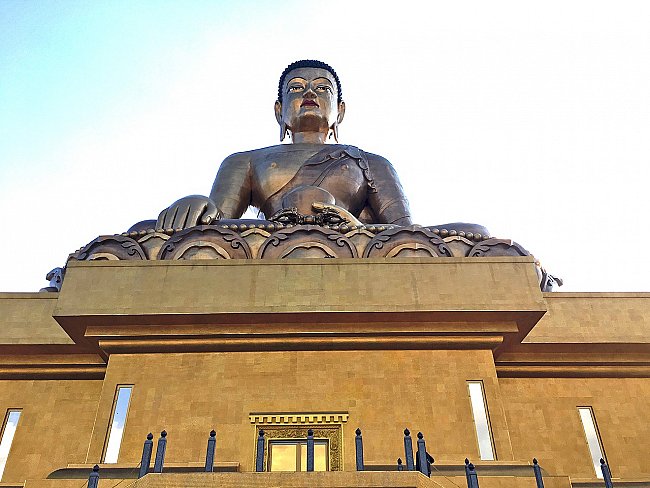
Bodhgaya India, a culturally rich site for Buddhism from where Buddhism started and Lord Buddha attained Nirvana
About 2500 years ago, a young prince set outside his palace on an adventure to find the truth and solution to universal realms. These realms are death, pain, suffering, birth, etc. In his adventure, he discovers that meditation can find solutions. He practiced all kinds of meditation that he heard and saw without any hesitation, without eating anything, but those practices were for nothing. Then, one day, he saw a beautiful grove, a clear flowing river, a village. He sat under a beautiful tree with spreading branches and started his meditation. Then, a young woman appeared before him, offering him a bowl of milk, rice, and sweet honey, noticing his thin and weak body. Then he started to meditate under the branch tree and eventually saw the truth and found peace within himself. His cloud of ignorance slowly disappeared, and he attained "Enlightenment" and became Lord Buddha. The village where he meditated to achieve Nirvana is now known as the Bodh Gaya.
"Peace comes from within. Do not seek it without."- Buddha
Bodh Gaya is one of the most sacred places in Buddhist tradition. Bodh Gaya is a religious site of pilgrimage associated with Mahabodhi temple. It is located in the Indian state of Bihar. There are four most important pilgrimage sites for Buddhists, and Bodhgaya is the most important among them. Bodh Gaya is the starting point of Buddhism. It is famous worldwide since Gautama Buddha attained Nirvana in this sacred place. The other three most important pilgrimages of Buddhism are Kushinagar, Lumbini, and Sarnath.

Bodhgaya is famous for two crucial aspects which are:
1. Mahabodhi Temple
2. Bodhi Tree
Bodhi Tree
The Bodhi Tree at Bodhgaya is one of the most sacred places, as it is the starting point of Buddhism. The Bodhi tree is recognizable for its heart-shaped leaves. For seven years, after Lord Buddha attained Enlightenment, he continued his meditation under this very tree without moving a muscle. On the back of the Mahabodhi temple, there is an ancient and sacred Pipal tree, and this Pipal tree is the Bodhi tree. Buddhist pilgrims have frequently visited this tree. We can find the Bodhi tree planted in every Buddhist monastery in respect to Lord Buddha.
Mahabodhi Temple
Mahabodhi Temple, also known as Great Awakening Temple, is listed as a UNESCO World Heritage Site due to its historical importance related to Gautama Buddha Enlightenment. Mahabodhi Temple is a Buddhist temple in Bodhgaya and one of the most sacred temples in Buddhist Tradition.
According to some legends, the Buddhist emperor Ashoka founded and built the Mahabodhi temple in Bodh Gaya. The architecture of the Mahabodhi temple is quite spectacular. The Mahabodhi temple is erected with a diamond-shaped throne/shrine with a canopy supported by four pillars. The Mahabodhi temple is one of the oldest brick structures found in India. We can see a colossal image of Lord Buddha, which is believed to be around 1700 years old and was built in the Gupta Period. The image of Lord Buddha is in Bhumisparsha Mudra, "touching the ground pose." This colossal image of Buddha faces east precisely at the position where Buddha attained his Nirvana.
Serial Bomb Blasts in Mahabodhi Temple
On July 7, 2013, The Mahabodhi Temple in Bodh Gaya experienced serial bomb attacks in its perimeter and nearly injured five people. According to the report, one exploded near the Buddha statue, and another exploded near The Mahabodhi temple. The other three were detected and defused before it exploded. Even with these attacks, the temple remains, showing the world this sacred place; Bodh Gaya won't be disturbed or damaged by such ill attacks.
Conclusion
In a poignant moment in Bodh Gaya's recent history, on July 7, 2013, the tranquility of the Mahabodhi Temple was momentarily disrupted by serial bomb attacks. These acts targeted the temple's perimeter, causing concerns and underscoring sacred places' challenges. Despite this, the resilience and spiritual strength of Bodh Gaya prevailed, affirming the temple's unwavering importance.
In the aftermath of the 2013 bomb blasts, heightened security measures were implemented to ensure the safety of pilgrims and visitors. This incident shed light on the vulnerabilities of sacred sites and the crucial need to protect these places of worship. Despite the momentary disturbance, the Mahabodhi Temple and the Bodhi Tree continue to draw Buddhist pilgrims worldwide, emphasizing the enduring spiritual significance of Bodh Gaya.
Share this page

















